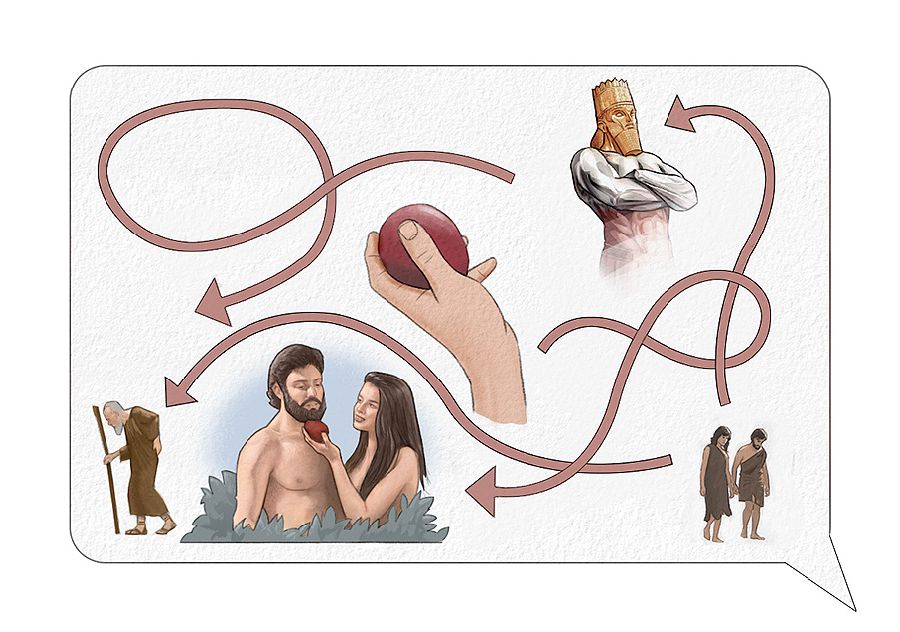- Our Christian Life and Ministry—Meeting Workbook—2016 Sep
- Avoid These Pitfalls When Conducting a Bible Study
The content displayed below is for educational and archival purposes only.
Unless stated otherwise, content is © Watch Tower Bible and Tract Society of Pennsylvania
You may be able to find the original on wol.jw.org
LIVING AS CHRISTIANS
Avoid These Pitfalls When Conducting a Bible Study

Talking Too Much: Do not feel that you must explain everything. Jesus used questions to help people think and arrive at the right conclusion. (Mt 17:24-27) Questions make the study lively and help you to determine what your student understands and believes. (be 253 ¶3-4) When asking a question, be patient and wait for the answer. If the student gives the wrong answer, instead of telling him the right answer, lead him to the correct conclusion by using additional questions. (be 238 ¶1-2) Talk at a pace that allows the student to grasp new ideas.

Making It Complicated: Avoid the temptation to relate all that you know on the subject. (Joh 16:12) Focus on the main point of the paragraph. (be 226 ¶4-5) Details, even interesting ones, can obscure the main points. (be 235 ¶3) Once the main point is understood by the student, move on to the next paragraph.

Just Covering Material: Our objective is to reach the heart, not cover material. (Lu 24:32) Utilize the power of God’s Word by focusing on the key scriptures in the lesson. (2Co 10:4; Heb 4:12; be 144 ¶1-3) Use simple illustrations. (be 245 ¶2-4) Consider the student’s personal challenges and beliefs, and tailor the lesson to him. Ask questions like these: “How do you feel about what you are learning here?” “What does this teach us about Jehovah?” “What benefit do you see in applying such counsel?”